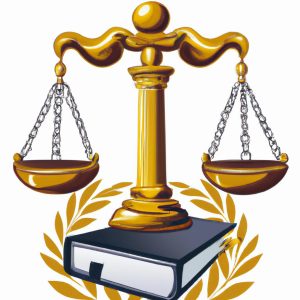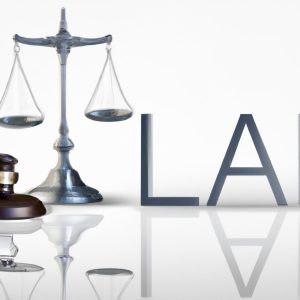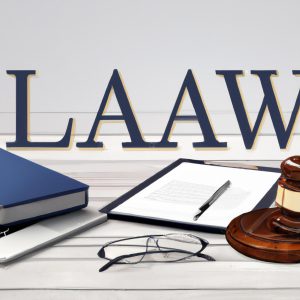Navigating the intricate web of estate taxes during the probate process can often feel like unraveling a tangled knot. As experienced probate attorneys at Morgan Legal Group in the heart of New York City, we understand the complexities involved in ensuring that estate taxes are handled with precision and care. Join us as we delve into the nuanced world of estate tax management during probate proceedings, shedding light on the key aspects that must be considered to ensure a smooth and successful administration of a decedent’s estate.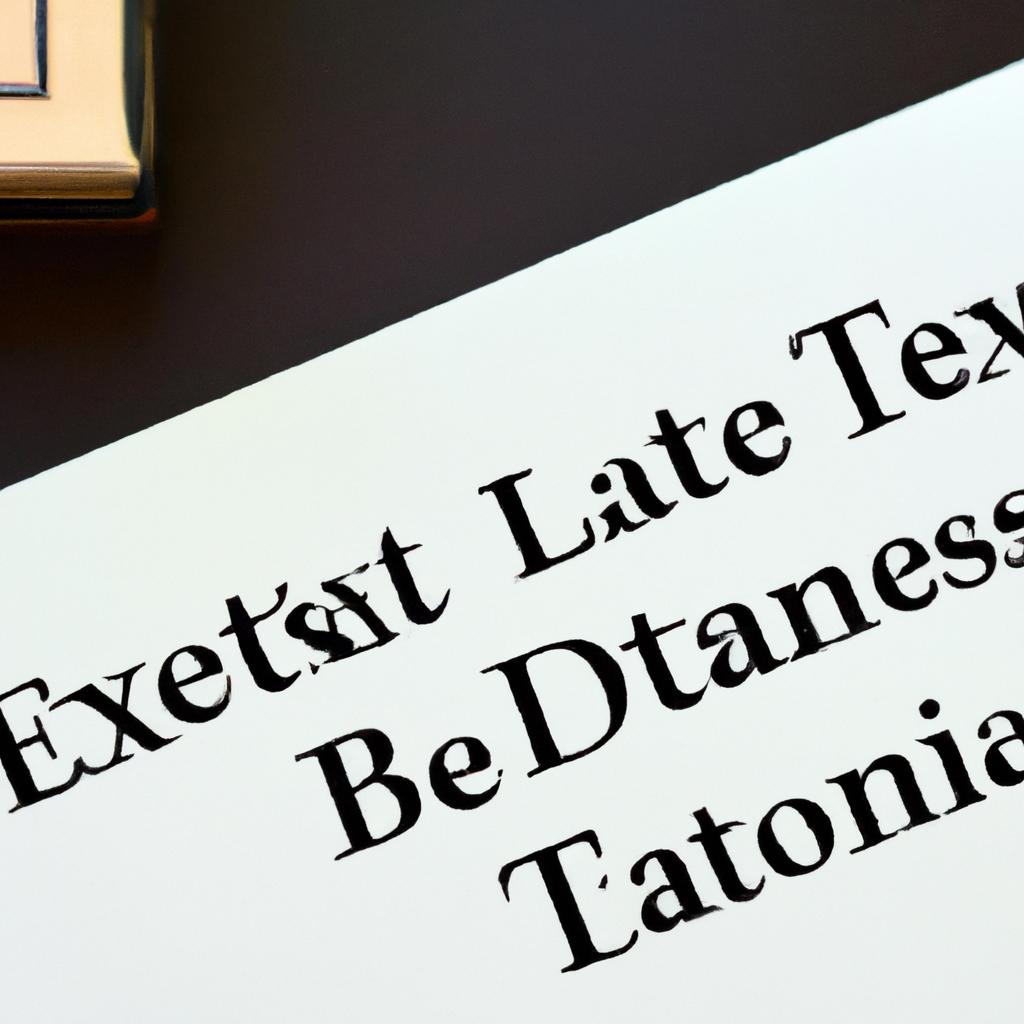
Understanding the Role of Estate Taxes in Probate Proceedings
Estate taxes can play a significant role in probate proceedings, impacting the distribution of assets to beneficiaries. It is crucial to understand how these taxes are handled to ensure a smooth and efficient probate process.
During probate, estate taxes are typically assessed on the total value of the deceased individual’s estate. This can include assets such as real estate, investments, and personal belongings. Estate taxes are calculated based on the value of the estate at the time of the individual’s death. It is important to work with a knowledgeable probate attorney to navigate the complexities of estate taxes and ensure compliance with applicable laws.

Strategies for Minimizing Estate Tax Liability During Probate
When it comes to handling estate taxes during probate, it is crucial to have a clear understanding of the strategies that can be employed to minimize tax liability. One effective strategy is to make good use of available tax exemptions and deductions. By taking advantage of these, you can reduce the overall taxable estate and potentially lower the estate tax bill.
Another important strategy is to consider setting up various types of trusts, such as irrevocable trusts, that can help shield assets from estate taxes. By transferring assets into these trusts, you can remove them from the taxable estate, ultimately reducing the tax burden. Additionally, creating a well-thought-out estate plan that includes provisions for gifting assets during your lifetime can also help minimize estate tax liability.

Navigating Complexities of Estate Tax Laws in New York Probate
Estate taxes can be a significant aspect of the probate process in New York, requiring careful navigation to ensure compliance with the law. Understanding how estate taxes are handled during probate is essential for both executors and beneficiaries involved in the distribution of assets. In New York, estate taxes are determined based on the total value of the decedent’s estate at the time of their death, including assets such as real estate, bank accounts, investments, and personal property.
Executors must accurately assess the value of the estate and file the necessary tax returns to determine the amount of estate taxes owed. Failure to properly account for estate taxes can result in costly penalties and delays in the probate process. Working with an experienced estate planning attorney can help ensure that estate taxes are handled correctly, minimizing the financial impact on the estate and beneficiaries.
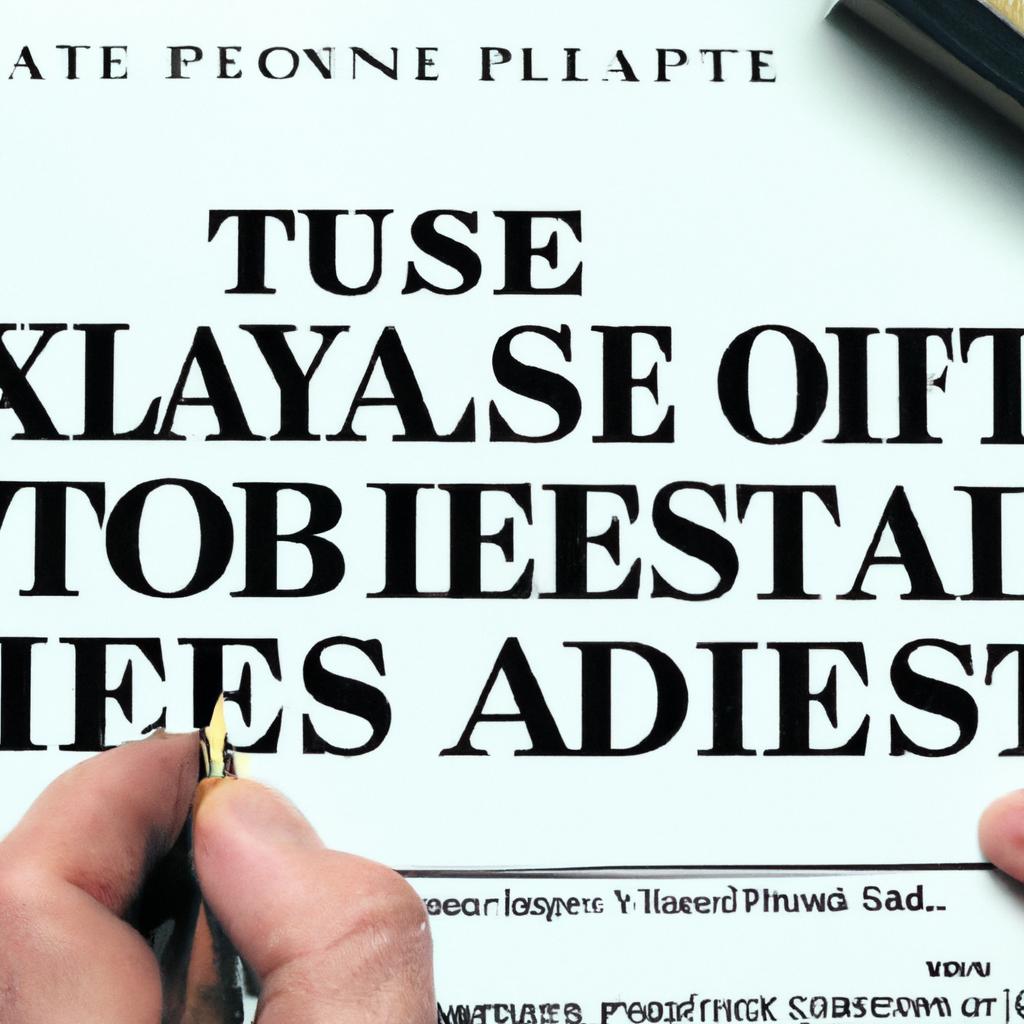
Expert Recommendations for Efficiently Handling Estate Taxes in Probate
The process of handling estate taxes during probate can be complex and overwhelming for many individuals. It is crucial to seek expert recommendations to ensure that estate taxes are efficiently managed and minimized. Here are some tips from our experienced estate planning lawyers at Morgan Legal Group:
- Understand the estate tax laws: Familiarize yourself with the current estate tax laws to determine the tax implications on the estate. Knowing the exemptions and thresholds can help in planning strategies to minimize the tax burden.
- Consider gifting assets: One effective way to reduce estate taxes is through gifting assets during your lifetime. By transferring assets to heirs or beneficiaries before death, you can lower the overall value of the estate subject to taxation.
Q&A
Q: What are estate taxes?
A: Estate taxes are taxes imposed on the transfer of a deceased person’s assets to their heirs or beneficiaries.
Q: How are estate taxes calculated?
A: Estate taxes are calculated based on the total value of the assets in the deceased person’s estate, minus any debts and expenses.
Q: Are all estates subject to estate taxes?
A: No, not all estates are subject to estate taxes. In the United States, estates valued below a certain threshold (which is adjusted annually) are not subject to estate taxes.
Q: How are estate taxes handled during probate?
A: Estate taxes are typically paid by the estate before the assets are distributed to the heirs or beneficiaries. If the estate does not have enough liquid assets to cover the taxes, assets may need to be sold to raise the necessary funds.
Q: Can estate taxes be reduced or avoided?
A: There are various estate planning strategies that can help reduce or avoid estate taxes, such as making gifts during one’s lifetime, setting up trusts, or taking advantage of charitable deductions.
Q: What happens if estate taxes are not paid?
A: If estate taxes are not paid, the IRS or state revenue department may impose penalties and interest on the unpaid amount. In extreme cases, they may seize assets from the estate to cover the tax debt.
In Conclusion
In conclusion, understanding how estate taxes are handled during probate can be a complex and intricate process. By following the guidelines set forth by the IRS and seeking the advice of legal and financial experts, individuals can ensure that their loved ones are not burdened by unnecessary taxes and fees after their passing. Navigating the probate process with knowledge and foresight can ultimately lead to a smoother and more efficient distribution of assets, providing peace of mind for both the deceased and their beneficiaries.



